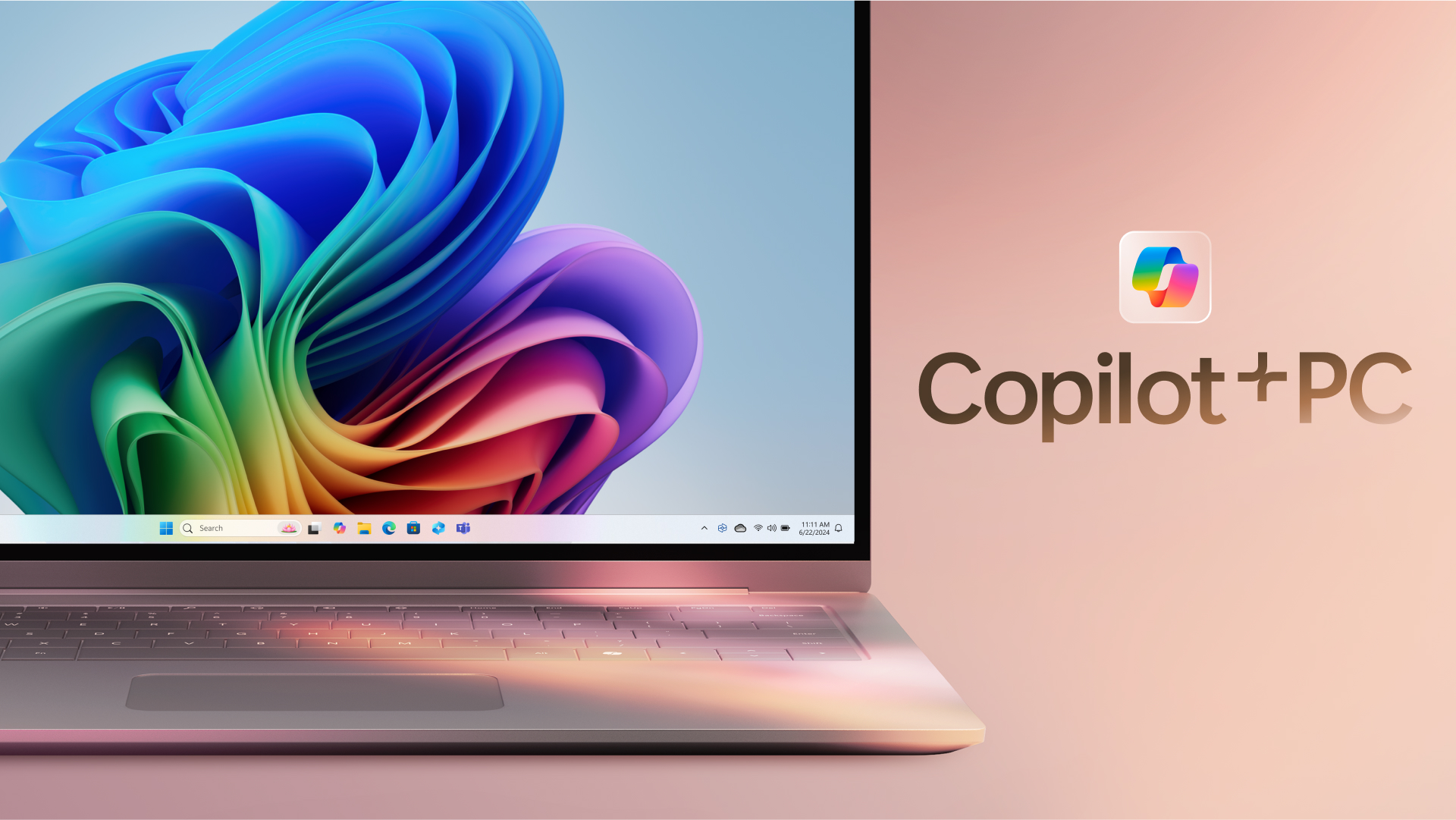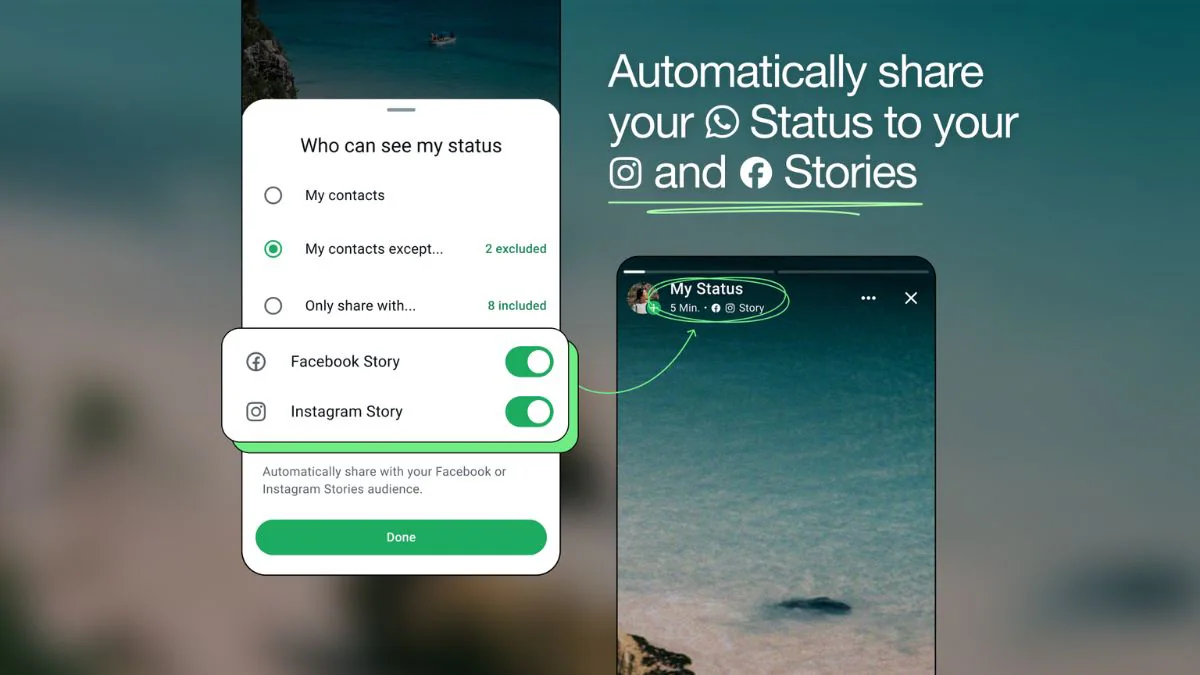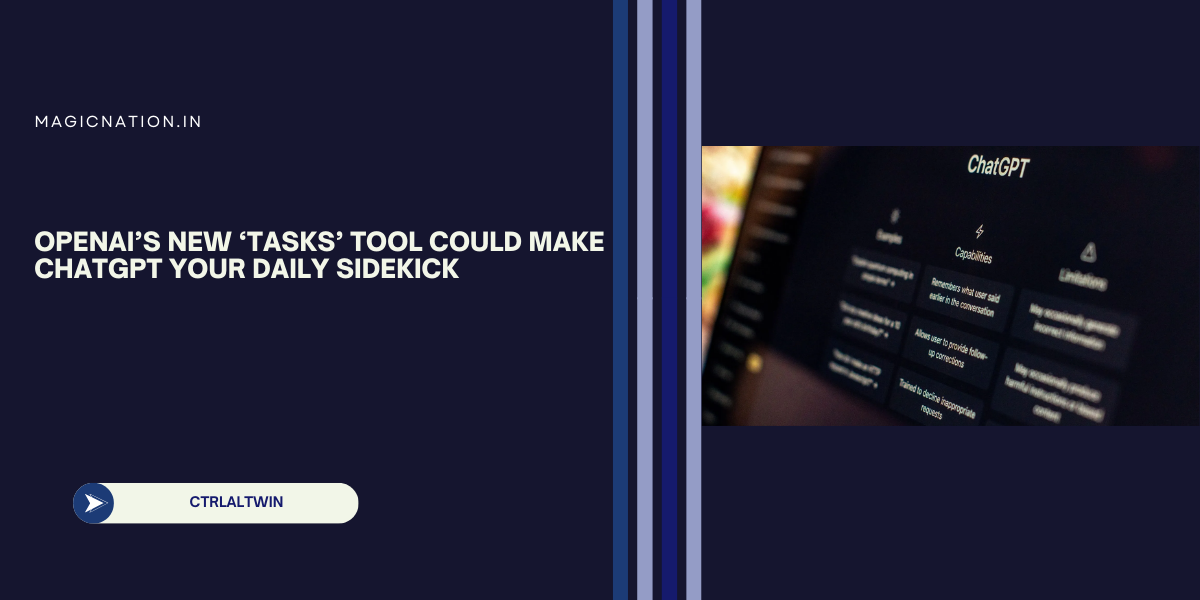
"Are your LinkedIn connections being used without your consent? The latest controversy might make you think twice about your data!"
LinkedIn, the Microsoft-owned professional networking platform, is facing significant backlash after reports emerged indicating that it trained generative AI models on user data without prior consent...
LinkedIn, the Microsoft-owned professional networking platform, is facing significant backlash after reports emerged indicating that it trained generative AI models on user data without prior consent. The revelation has raised concerns about user privacy and the ethical implications of data collection practices in the tech industry.
Key Developments
Many LinkedIn users recently noticed an unexpected new setting regarding AI training within their account options. The platform updated its terms of service, allowing for the use of user data to train AI models designed to enhance features such as writing suggestions and post recommendations. However, users were automatically opted in to this arrangement, prompting a wave of criticism across social media platforms.
User Reactions
Criticism of LinkedIn's actions has been widespread, with many netizens expressing their dissatisfaction with the company’s lack of transparency. The general consensus is that users should have been informed beforehand and given a clear option to opt out of data collection practices. The updated policy, while clarifying LinkedIn's use of generative AI, has not quelled the outrage.
Industry Context
The practice of training AI on user data is not exclusive to LinkedIn. Competitors like Meta and Google have previously acknowledged similar actions. For instance, Meta admitted to using publicly available posts to train its Llama models, while Google updated its policies to include the use of web data for training models like Gemini. However, LinkedIn's approach stands out because it initiated data collection without prior user notification, raising unique concerns regarding user consent and trust.
LinkedIn's Response
In response to the criticism, LinkedIn emphasized that it employs privacy-enhancing techniques designed to limit the collection of personally identifiable information during the AI training process. The company stated that it takes measures such as redacting sensitive information to protect user privacy. However, the effectiveness of these techniques remains a point of contention among users and privacy advocates.
How to Opt-Out
For users who wish to prevent LinkedIn from using their data for AI training, a setting has been made available to opt out. Users can navigate to the relevant options within their account settings to toggle off the data sharing feature. Nonetheless, it remains unclear whether LinkedIn will also purge previously collected data from its AI datasets.
Conclusion
LinkedIn's recent actions have brought the issue of user data privacy to the forefront, highlighting the need for greater transparency in how social media platforms manage and utilize user information. As companies increasingly integrate AI into their services, users must be informed and empowered to make choices about their data. The backlash against LinkedIn serves as a reminder that trust is essential in the digital age, and companies must prioritize user consent to maintain that trust.
As discussions about data privacy continue to evolve, it will be crucial for users, policymakers, and tech companies to engage in open dialogues about the ethical implications of AI training practices and the protection of personal data.
















